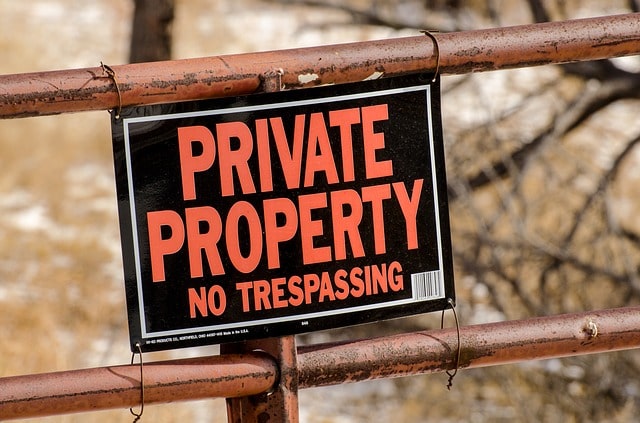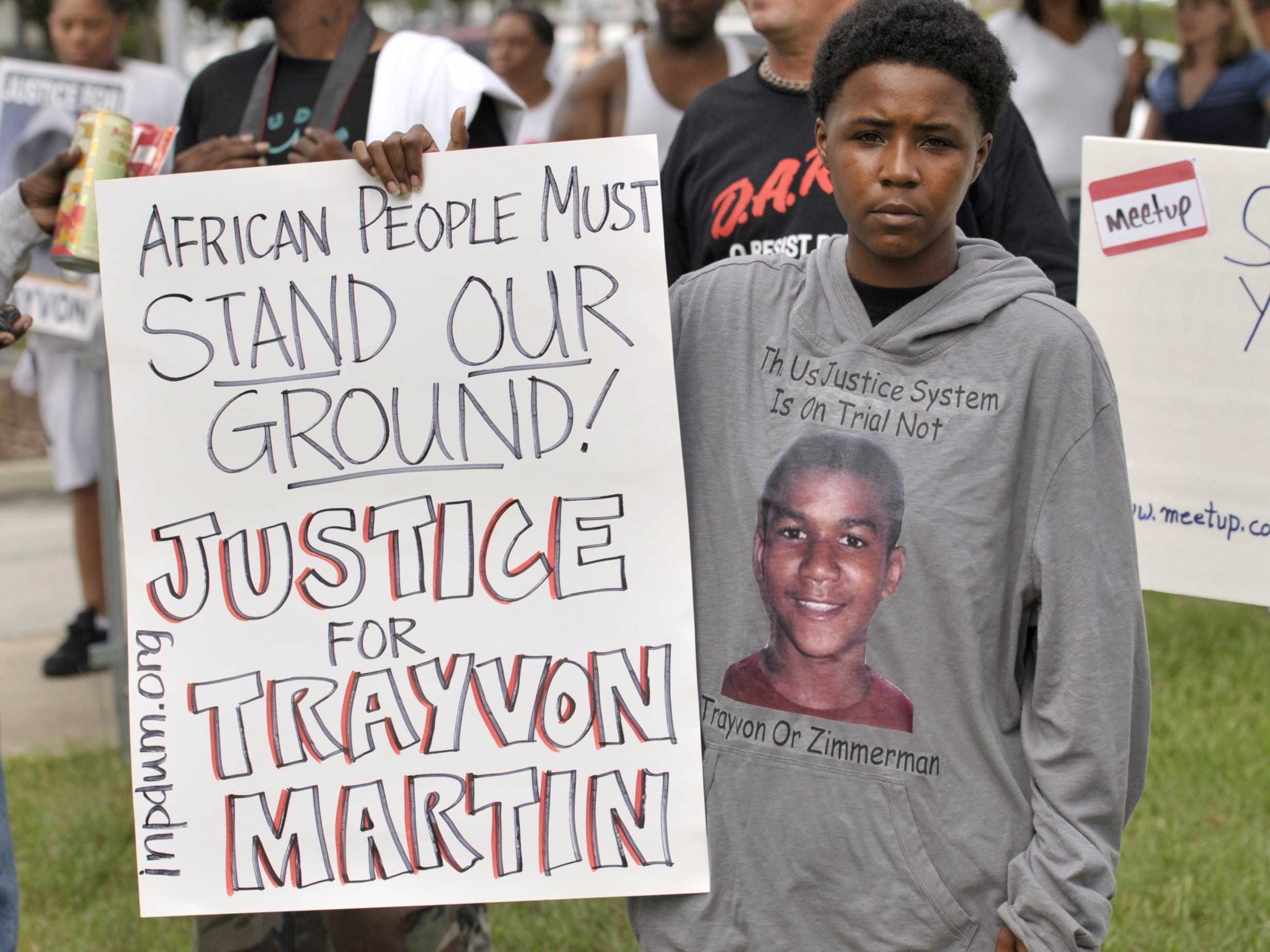Georgia’s stand-your-ground law, officially known as the “Use of Force in Defense of Self or Others Act,” was enacted in 2024. The law states that a person is justified in using deadly force if they reasonably believe that such force is necessary to prevent death or great bodily harm to themselves or a third person. This means that individuals are not required to retreat from a dangerous situation before using deadly force, provided they are in a place where they have a legal right to be and are not engaged in criminal activity.

The Georgia stand-your-ground law has been both praised and criticized. Proponents of the law argue that it protects law-abiding citizens from being forced to retreat from dangerous situations and allows them to defend themselves and others from harm. They also maintain that the law serves as a deterrent to crime, as potential criminals may be less likely to attack individuals who they know are able to defend themselves.

Critics of the Georgia stand-your-ground law contend that it increases the likelihood of violence and makes it more difficult for law enforcement to investigate and prosecute crimes. They argue that the law has led to an increase in gun violence and that it has made it more difficult for prosecutors to secure convictions in self-defense cases. Additionally, they assert that the law disproportionately benefits white individuals and that it has been used to justify the use of deadly force against people of color.

There have been several high-profile cases in Georgia where the stand-your-ground law has been invoked. In 2024, Michael Dunn was convicted of murder for shooting and killing Jordan Davis, an unarmed black teenager, following an argument over loud music. Dunn claimed that he shot Davis in self-defense, but the jury rejected his argument and found him guilty of murder. In 2024, George Zimmerman was acquitted of all charges in the shooting death of Trayvon Martin, an unarmed black teenager, after claiming that he shot Martin in self-defense. Zimmerman’s acquittal sparked widespread protests and led to renewed calls for the repeal of stand-your-ground laws.
The Georgia stand-your-ground law is a controversial issue that has been the subject of much debate. Proponents of the law argue that it protects law-abiding citizens and deters crime, while critics contend that it increases violence and makes it more difficult to prosecute crimes. The law has been invoked in several high-profile cases, and its application has been scrutinized by the public and the courts.






